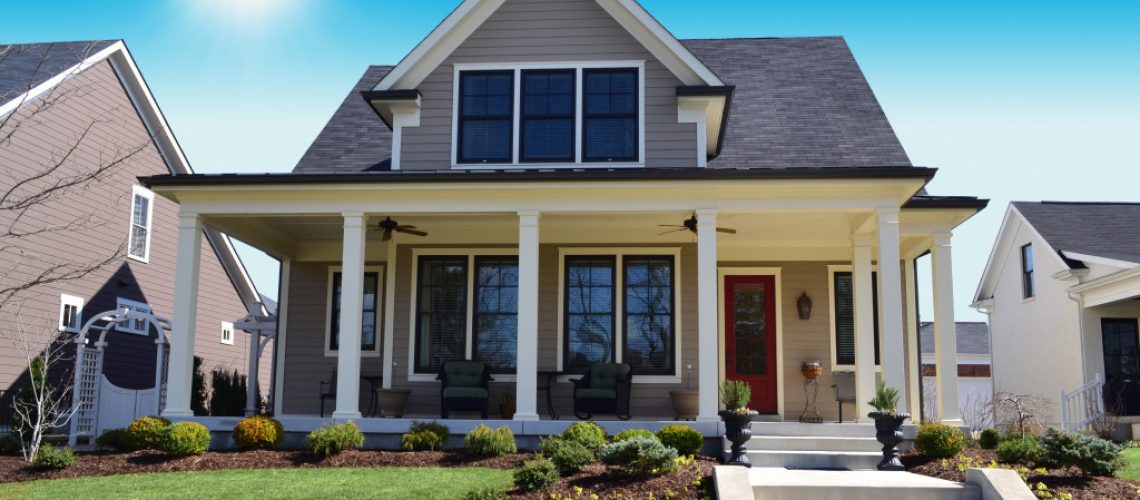Climate change isn’t a topic usually covered in your discussions about your upcoming relocation. You’ve talked about everything from landscaping options, the nearest tourist sites, career opportunities, and perhaps the area’s general weather. It won’t be unusual for you and a lot of people to overlook how climate change could impact the future of your family, property, and possessions. Online you’ll find numerous accounts of people sharing just how this environmental crisis has affected their “paradise” and created irreversible damages to their assets and finances.
Now more than ever, it’s important for you to know how to factor in climate change in your relocation plans and look for the tell-tale signs that a certain place is not for you. Doing so enables you to make informed decisions about your insurance, construction, and lifestyle that may make the difference should catastrophe strike.
The Climate for You
In the effort to acknowledge the reality of climate change, you might neglect your personal preferences for weather conditions altogether. The popular notions about this crisis can lead you to abandon all hopes of owning a beach house or moving to your dream country. Remember that your preferences still matter, and you should prioritize them by all means.
The goal is to identify the red flags as you go along so that you can identify alternatives that are close to your original–but apparently unsafe–choices. Suppose you’re fond of Melbourne’s oceanic climate, and you’re looking into house and land packages. That’s great. Keep that on your list and research places similar to it so that you have at least five to six cities or suburbs that share similar attributes.
This is because the weather can significantly impact your lifestyle and emotions, so you’ll want to stick with what you know is good for your mind and body. Now that you’ve got your list, it’s time to start looking for red flags.
Look at Their History
Some places experience catastrophic natural disasters that make the headlines, while some aren’t as newsworthy and can’t be looked up online. This means that online research can only give you so much when you’re looking at a place’s recent history. If you have the chance, make a personal visit and talk to locals. Schedule a date with friends that already live in that area.
They’ll be better able to inform you of recent events that could’ve been related to climate change, like increased flooding incidents, hotter summers that put people at risk of heatstroke, and record-breaking snowfall. Harsh droughts, unusual storms, and changing weather patterns show that climate change is beginning to transform the norm in that locality.
The big red flags tend to cause a certain level of loss like storm surges, hurricanes, and wildfires. Check how they’ve recovered from those and what the local government’s plans are to deal with future incidents. Ask your friends if they feel safe there if they’re considering relocating. How have these risks impacted the locality’s growth prospects in terms of investments and careers?
This is especially important if you’re planning to start a business after your big move. Hazards imposed by the effects of climate change in that area may prove detrimental to your products, services, and overall branding, or they could make little to no difference at all.
Research Expert Predictions

No place is exempt from global warming. Now that you know how your ideal locations are currently affected, it’s time to research expert predictions. It’s safe to say that most of what you’ll find aren’t as optimistic as you hope them to be. The current condition of global warming is so alarming that experts are often inclined to expect the worse.
That said, it’s no reason to be pessimistic about your relocation. The knowledge you glean from your research allows you to make strategic decisions from the exact location of your new house, the building materials you’ll use, and the kinds of insurance you’ll take.
If the prediction in your area is increased flooding and severe storms, you can plan how to protect your property and what to do to compensate for damage. You’ll also want to go for communities equipped with the right tools and personnel to perform rescues and evacuations. Bear in mind that natural calamities affect everyone, so being in a neighborhood that shows solidarity and preparedness will reduce the risks to you and your loved ones.
Do Your Part
More and more people are doing their part to fight climate change through sustainable practices and lifestyle choices. One more thing you’ll want to see in your prospective community is an active effort to reverse the impact of climate change in their locality. The small things you do might not seem much at first, but your actions do count.





